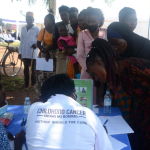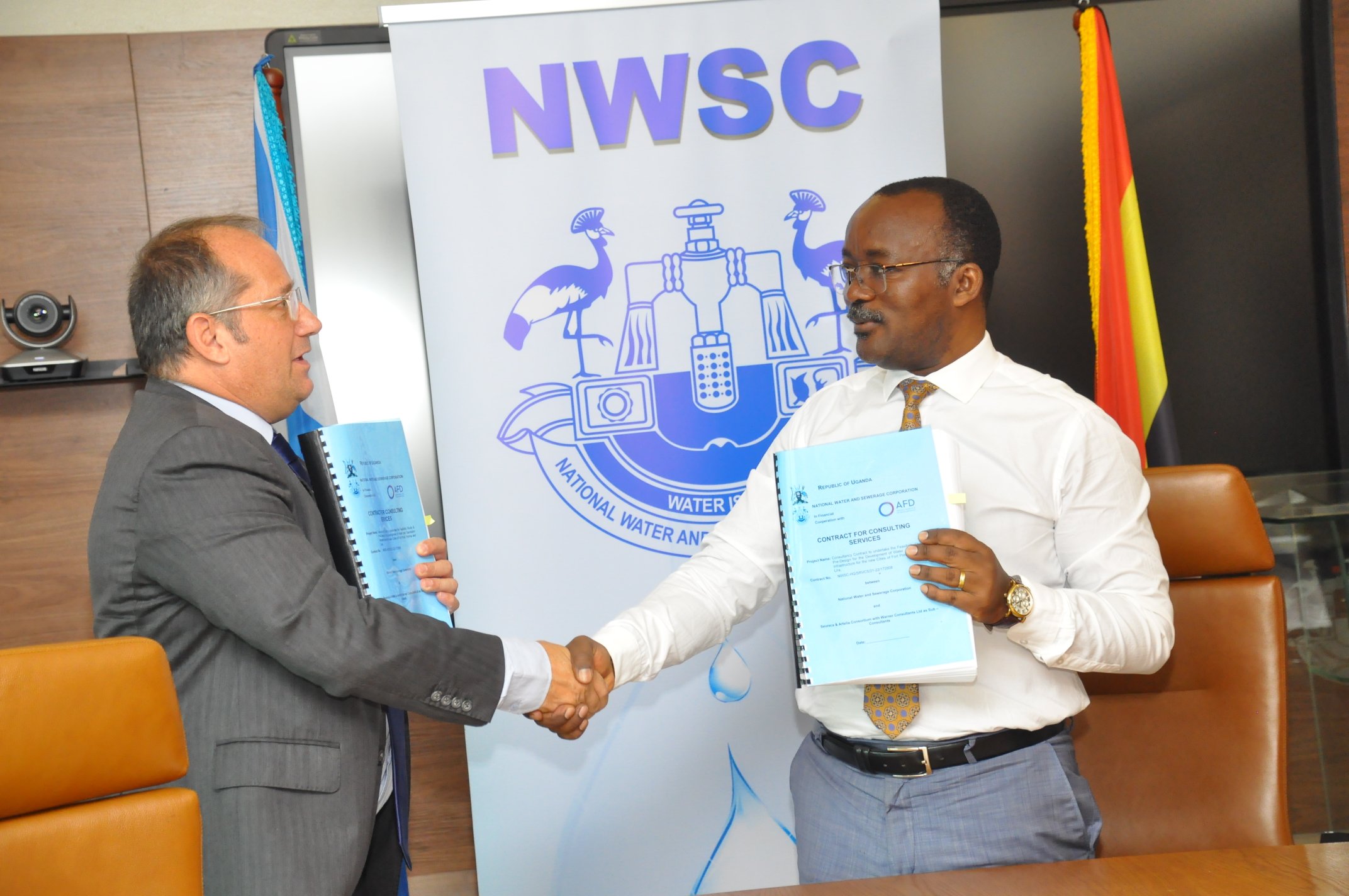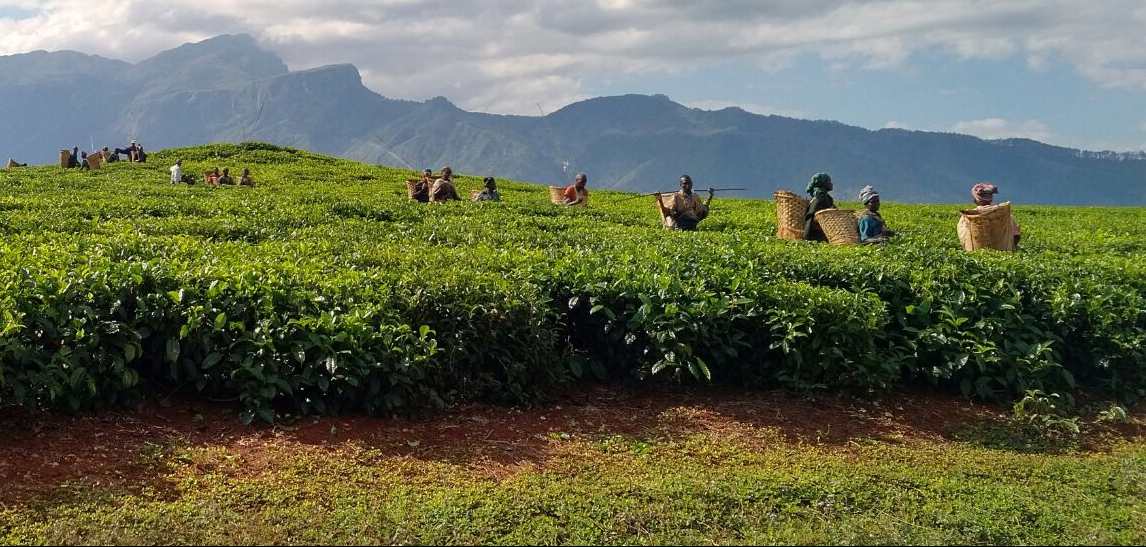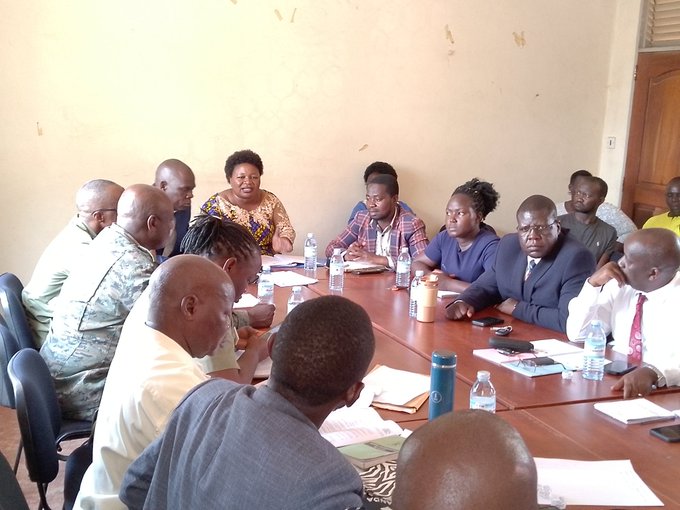The Nile River, renowned globally and crucial to Africa’s freshwater resources, sustains millions in its 11-country span through agriculture and fishing. The convergence of its main tributaries in Khartoum, Sudan, symbolizes its significance amidst rapid urbanization.
Despite its renown, the Nile isn’t exempt from global pollution issues, notably plastic waste. Microplastics, minute particles resulting from plastic degradation, present significant ecological and health concerns. Recent findings indicate substantial plastic exportation from rivers to seas annually, with a considerable portion constituting microplastics.
The repercussions of microplastic pollution extend to biodiversity, climate, and health. As these particles degrade, they emit greenhouse gases and pose toxicity risks to organisms, including humans. Yet, research on microplastics in African waters has predominantly focused on marine environments, prompting investigations into inland water bodies like the Nile.
Conducting a study in Khartoum, researchers analyzed Nile tilapia, a staple in African fisheries. The results revealed alarming levels of microplastics in the fish, highlighting contamination risks for aquatic life and humans.
Microplastics’ small size facilitates the absorption of pollutants, posing additional health risks to organisms. Moreover, their prevalence in various organs underscores the pervasive nature of contamination in aquatic ecosystems.
Identifying pollution sources is crucial, with open dumps and ineffective wastewater treatment systems identified as primary contributors. Recreational activities along the Nile further exacerbate plastic pollution, necessitating comprehensive waste management strategies.
Addressing microplastic pollution requires concerted efforts across sectors. Consumer behavior changes, waste management improvements, and technological advancements are imperative in mitigating this pervasive environmental threat.
The study underscores the urgency for collaborative action among consumers, governments, and the scientific community to combat microplastic pollution effectively.




















